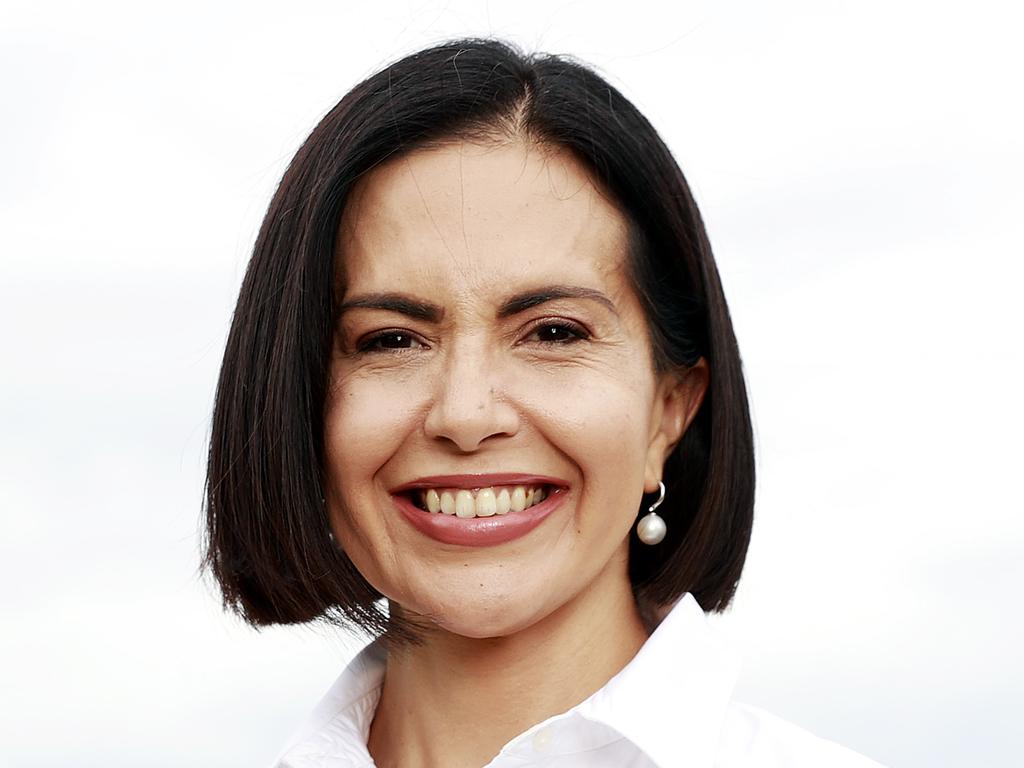Old-school skills for new teachers as education ministers take control
Top teachers will demand extra pay to mentor trainee teachers during work experience sessions in classrooms.

Top teachers will demand extra pay to mentor trainee teachers during work experience sessions in classrooms.
Australian Education Union (AEU) president Correna Haythorpe said changes to teacher training ordered by the nation’s education ministers were a “mixed bag’’.
Ministers have agreed to giving trainee teachers more practical experience in classrooms, supervised by “mentor teachers’’, while they study at university.
But Ms Haythorpe said the senior teachers must be paid for the extra work.
“Mentor teachers need to be professionally supported, and financially compensated, for the time it takes to support student teachers as they begin their teaching practice,’’ she said on Friday.
“Teachers in mid-career are leaving … because their workloads are unsustainable.
“They’re working well and truly above 56 hours per week, and they’re saying enough is enough.
“We need nationally competitive salaries.’’
Ms Haythorpe refused to say how much more teachers should be paid, with wages now ranging from about $80,000 a year for first-year teachers to $130,000 for senior classroom teachers.
Her demand for higher pay came after federal, state and territory education ministers united on Thursday to seize control over universities’ education degrees, in drastic and urgent action to fix falling standards.
Ministers signed off on 14 old-school reforms, championed by federal Education Minister Jason Clare, to ensure new teachers are “confident and capable’’ in classrooms.
Imposing a tight six-month deadline, ministers agreed to develop practical teaching guidelines and amend accreditation standards for university teaching degrees by the end of this year.
Students who enroll in teaching degrees from 2025 will be banned from graduating until they have mastered the core teaching skills mandated by education ministers.
Old-school skills for new teachers
Education ministers will spell out the core content of teaching degrees, after they united to seize control of universities’ teacher-training courses in drastic action taken to fix falling standards.
Ministers from every state and territory have signed off on 14 old-school reforms, championed by federal Education Minister Jason Clare, to ensure that new teachers are taught how to be “confident and capable’’ in classrooms.
Imposing a tight six-month deadline, ministers agreed to develop practical teaching guidelines and amend accreditation standards for university teaching degrees by the end of this year.
A new watchdog for teaching standards will check that universities have provided practical training for all graduates to teach reading and mathematics, regardless of whether they plan to teach in primary or high school.
Mr Clare said the reforms would make new teachers “better prepared from day one’’.
“A lot of teachers tell me they did not feel like they were prepared for the classroom when they finished university,’’ he said after his state and federal counterparts endorsed the teaching reforms on Thursday.
“Their university course didn’t prepare them well enough to teach things like literacy and numeracy and manage classroom behaviour, and that prac (practical placements in schools) wasn’t up to scratch.
“If we get this right, more student teachers will complete their degrees and more teachers will stay in the profession.’’
All ministers endorsed every recommendation from their Teacher Education Expert Panel, chaired by University of Sydney vice-chancellor Mark Scott, who began his career as a teacher.
One in three final-year teaching undergraduates surveyed for the Scott Report complained that their degree had been “too theoretical and focused on teaching philosophies’’.
Some 60 per cent of trainee primary school teachers said they had not been given many opportunities to practise the explicit teaching of phonics in classrooms – essential for children to learn to read and write.
Only half said their degree had given them opportunities to evaluate students’ progress, adjust instruction and provide targeted feedback.
One graduate called for “less information on learning philosophers and more information on practical activities/lessons to teach curriculum areas”.
“More hands-on experience would have been more beneficial than constantly writing essays,’’ another trainee teacher said.
“I would have liked more instruction on behaviour management and how to build my skill set when dealing with children with defiant or destructive behaviours,” they added.
Universities will be given until the end of 2025 to rewrite their 300 existing teaching courses to include the core content mandated by the ministers.
The reforms will also force universities to reveal publicly the proportion of graduates with an Australian Tertiary Admission Rank above 80 – in the top 20 per cent of academic achievement.
Core content, to be compulsory for all teaching degrees, will include detailed explanations of how children learn; lesson planning; step-by-step “explicit instruction”; student assessment; and the provision of “specific, honest, constructive and clear’’ feedback to students and parents.
Phonics, vocabulary, fluency and comprehension will be the basis of reading instruction. And all teachers must learn the six strands of mathematics – numbers, algebra, geometry, measurement, statistics, and probability.
Universities will have to teach graduates to identify “common neuromyths’’, which the Scott Report cites as the theories that there are multiple types of intelligence, and that children’s learning can be influenced by the left or right side of the brain.
Education degrees will teach how a student’s brain develops from early childhood through to adulthood, and the limits of working memory and “cognitive overload’’ for children.
Young teachers will learn the old-school skill of explicit instruction” by clearly explaining to children what they are expected to learn, chunked into small and manageable tasks.
Teachers will be taught to plan a sequence of lessons that include repetition and practice, so that children can retrieve their past learning and consolidate it into long-term memory.
Universities must ensure that teachers can provide worked examples for lessons, and wait until children are proficient before expecting them to solve problems on their own. “Practices should include the use of structured lessons, clear and explicit instruction, effective questioning that encourages participation, reducing cognitive load and use of specific and positive feedback that acknowledges student effort,’’ the new standards state.
To be able to keep classes under control, teachers must be taught to “effectively model desired behaviour, such as respectful interactions, being organised, and being on time, to prompt positive behaviour by setting and reinforcing expectations”.
Acknowledging the increasing complexity of modern classrooms, all teaching degrees must include Aboriginal and Torres Strait history and culture, cultural diversity, and teaching methods tailored to children with common disabilities, such as autism.
The education ministers also agreed to establish an Initial Teacher Education Quality Assurance board that will report back to them every year on the quality and consistency of every teaching degree.
Each university will have to report publicly on the proportion students in teaching degrees from First Nations, remote area, migrant or low-income backgrounds – as well as course drop-out rates and employment outcomes for graduates.
State governments will be able to slap conditions on the accreditation of university courses that fail to comply with the guidelines – a move that could render graduates unemployable.
But universities will be able to apply for $5m in grants to get their teaching degrees up to scratch, with a $2.5m bonus for top-performing institutions to share their expertise.
The ministers agreed to provide more classroom training for undergraduates, to be mentored by experienced teachers who could count the time spent supervising towards their hours of professional development.
They also agreed to a national ban on mobile phones in class.








To join the conversation, please log in. Don't have an account? Register
Join the conversation, you are commenting as Logout